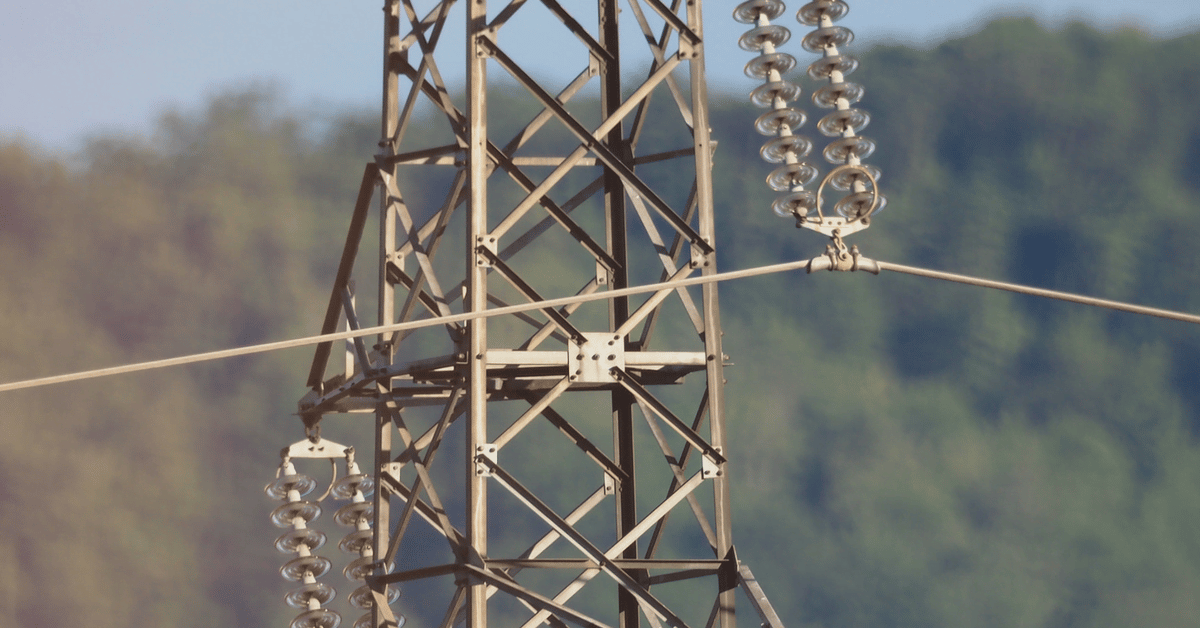When Whitefish Energy was awarded $300M to restore Puerto Rico’s power, critics fumed over how the deal landed. The electrocution safety violation risks are even more troubling

Imagine if your entire state lost power following a natural disaster. Would you trust a power company that has been around in the business for only two years, and has only two full-time employees, with just one small previous government contract on its portfolio, to restore power — and to do the job safely so the risk of electrocution, shock injury and burn injuries were minimized as much as possible?
This is what happened in Puerto Rico when Whitefish Energy landed the job.
And as an electrocution attorney (and in particular an electrocution attorney who has worked on electrocution and electrical accident injury cases for utility workers and power workers injured on the job), I was one of those who was sounding the alarm at the Whitefish Energy Puerto Rico contract.
I’m relieved to know that once these failings were exposed by the press, the contract with Whitefish was cancelled. Without the assurance of a competent and established safety program, the awarding of a $300 million contract to Whitefish Energy — a two-man operation based in the small town of Whitefish, Montana — was not likely to be a safety choice.
Instead, it had all the makings of so many of the electrocution lawsuits I’ve filed — where utilities and power companies roll the dice on safety. Instead of replacing dangerous and failing power lines, for example, they roll the dice and hope that when that line falls, it falls when no one is around to be electrocuted. I’ve seen this situation play out time and time again, including even now in a tragic wrongful death case I’m litigating in Arkansas, and I know firsthand that hoping when something fails no one is around to not be injured or killed is not the basis of a strong safety program.
It’s just rolling the dice with people’s lives.
And by canceling the Whitefish Energy contract, I am hopeful the Puerto Rican government has helped to saved lives — residents and subcontractors alike – from electrical injury.
Controversy immediate over Whitefish Energy
As background, nearly a month after Hurricane Maria ravaged Puerto Rico in mid-September, Whitefish Energy was awarded the $300 million contract by the Puerto Rico Electric Power Authority to get the island’s transmission grid repaired for its 3.4 million residents.
Once the job began, controversy erupted over how Whitefish Energy got the contract rather than more established utility companies (PREPA didn’t have a formal bidding process), especially when the only other government job Whitefish ever took was a small, $1.3 million project to fix 4.8 miles of power line. Critics hammered PREPA on the methods of the deal, ultimately leading to Whitefish Energy’s contract canceled.
But I had questions of my own. Chief among them: How is it possible for such a small operation like Whitefish Energy to have, let alone enforce, safety protocols for its subcontractors?
OSHA 1910.269 — Coordinating safe work practices among subcontractors is a tall order [h2]
I’ve worked on several cases that involve large utility companies not following OSHA 1910.269, the regulation that concerns the operation and maintenance of electric power generation, control, transformation, transmission and distribution lines and equipment. This safety regulation contains occupational safety and training principles for the protection of everyone in such an environment, where the risk of shock injury or electrocution is high.
But when subcontractors are involved, the utility can find it difficult to properly train for and coordinate safe work practices, as the subcontractors are not direct employees.
San Juan Mayor Carmen Yulin Cruz’s comments to CNN underlie the financial problems of bringing Whitefish Energy in:
“It seems like what the Puerto Rican people are going to be paying for, or the American people are going to be paying for, is an intermediary that doesn’t know what is at stake here and that really has to subcontract everything.”
But as an electrocution lawyer, I interpret those words in a different way: to use subcontractors, the U.S. and Puerto Rican governments would be enforcing electrical safety standards on the fly. Or not at all.
More experienced utility companies should have been considered instead of Whitefish Energy
I understand the severity of an island like Puerto Rico having no power and the immediate action that must happen in the midst of such a crisis. But for a job as large as putting the transmission and distribution system back online, a larger utility company with more experience in comparable government projects and an established safety infrastructure should have been sought first.
Because even if there were violations of OSHA 1910.269 that led to a worker’s injury or death, an experienced electrical injury attorney can better identify, investigate, and expose the choices and decisions made with training and safety oversight that took place within that utility, and to hold that utility accountable.
I’m sure Puerto Rico’s power situation, and the safety of the workers who will work on it, will be in better hands now that Whitefish Energy is out of the picture.
